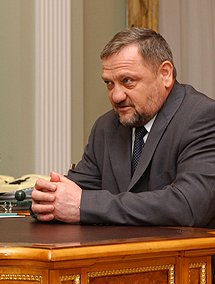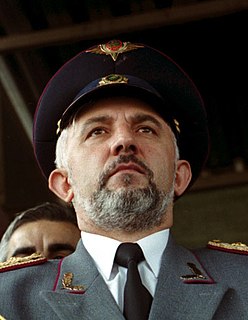A Quote by Anthony Marra
Chechnya forms the bookends to Tolstoy's career. He began writing his first novel, 'Childhood,' while in Starogladovskaya in Northern Chechnya, and his final novel, 'Hadji Murad,' is set in the Russo-Chechen War of the 19th century.
Related Quotes
My first real awareness of Chechnya came when I was a college student studying in Russia. I arrived in St. Petersburg about two months after Anna Politkovskaya was assassinated for her reports on Chechnya. I lived with an elderly woman and her grown children in an apartment that was not too far from the neighborhood military cadet school.
The history of Chechnya is one of imperialism gone terribly wrong. In the 13th and 14th centuries, Chechens were among the few peoples to fend off Mongol conquerors, but at a terrible cost. Turks, Persians, and Russians sought to seize Chechnya, and it was finally absorbed into the Russian Empire in 1859.

































